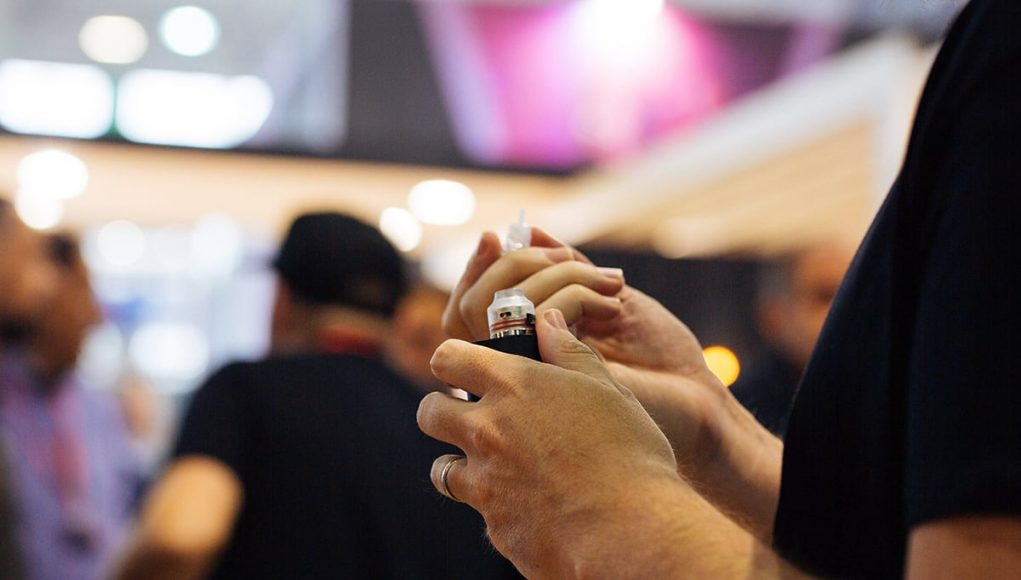
The country’s Vice President Ma'ruf Amin said that research looking into the safety of vaping products will be conducted, and if the products are found to be dangerous they may be banned.
“We will consider (the prohibition of e-cigarettes), but in principle, everything that is dangerous will be prohibited by the government,” Amin stated at the University of Indonesia. A thorough assessment of the products will be conducted he explained, and the future of the products will depend on the findings.
“If (the e-cigarette) is not dangerous, the next step is to decide whether the commodity excise will be imposed or not. However, our first step will be (to decide whether) or not to allow the commodity,” Amin stated.
Health warnings should be relative to risk
Meanwhile, speaking during the second Philippine Harm Reduction Online Forum held by the Philippines Harm Reduction Alliance, in 2021 Indonesian professor and medical expert Tikki Pangestu said that health warnings for vaping products and other safer alternatives such as HTPs (heated tobacco products), should be different from warnings on cigarettes.
“Health warnings on combustible cigarette packs should not be the same as those on the packaging of e-cigarettes and HTPs (heated tobacco products). This is because e-cigarettes and HTPs have been shown to be 90- to 95-percent less harmful than combustible cigarettes,” said Pangestu, visiting professor at the Yong Loo Lin School of Medicine at the National University of Singapore, and former director for research policy and cooperation of the World Health Organization.
The measures stated in Republic Acts 11346 and 11467 mandate that the Department of Health issues health warning templates for HTPs and vaping products. In line with arguments by other public health experts, Pangestu said that the health warnings should be “proportionate to the risk of smoke-free products.”
